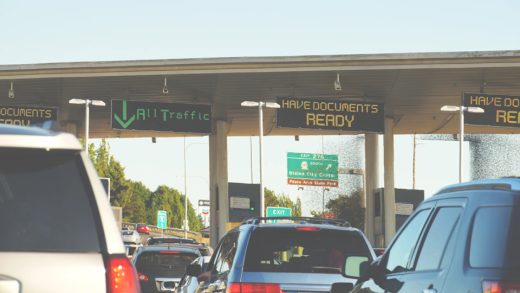U.S. border agents need a warrant to search cell phones, federal court rules
U.S. border agents need a warrant to search cell phones, federal court rules
U.S. border officials had long asserted that they have broad authority to conduct warrantless searches of travelers’ devices.
U.S. border officials had long asserted that they have broad authority to conduct warrantless searches of travelers’ devices.
“As the court recognizes, warrantless searches of electronic devices at the border are an unjustified intrusion into travelers’ private expressions, personal associations, and journalistic endeavors—activities the First and Fourth Amendments were designed to protect,” Scott Wilkens, senior counsel at the Knight First Amendment Institute, said in a press release.
The ruling follows a criminal case involving Kurbonali Sultanov, a U.S. citizen who was stopped for questioning at John F. Kennedy Airport in March 2022 on the basis of being “a possible purchaser or possessor of child sexual abuse material.” Sultanov was asked for and provided his cell phone password after being told he had no choice. Sultanov later filed a motion to suppress the evidence obtained from his phone, saying that the warrantless search violated his Fourth Amendment rights.
The court found that the search violated the Fourth Amendment. However, the court declined to suppress the evidence because the government acted based on “good faith.”
ABOUT THE AUTHOR
(4)



